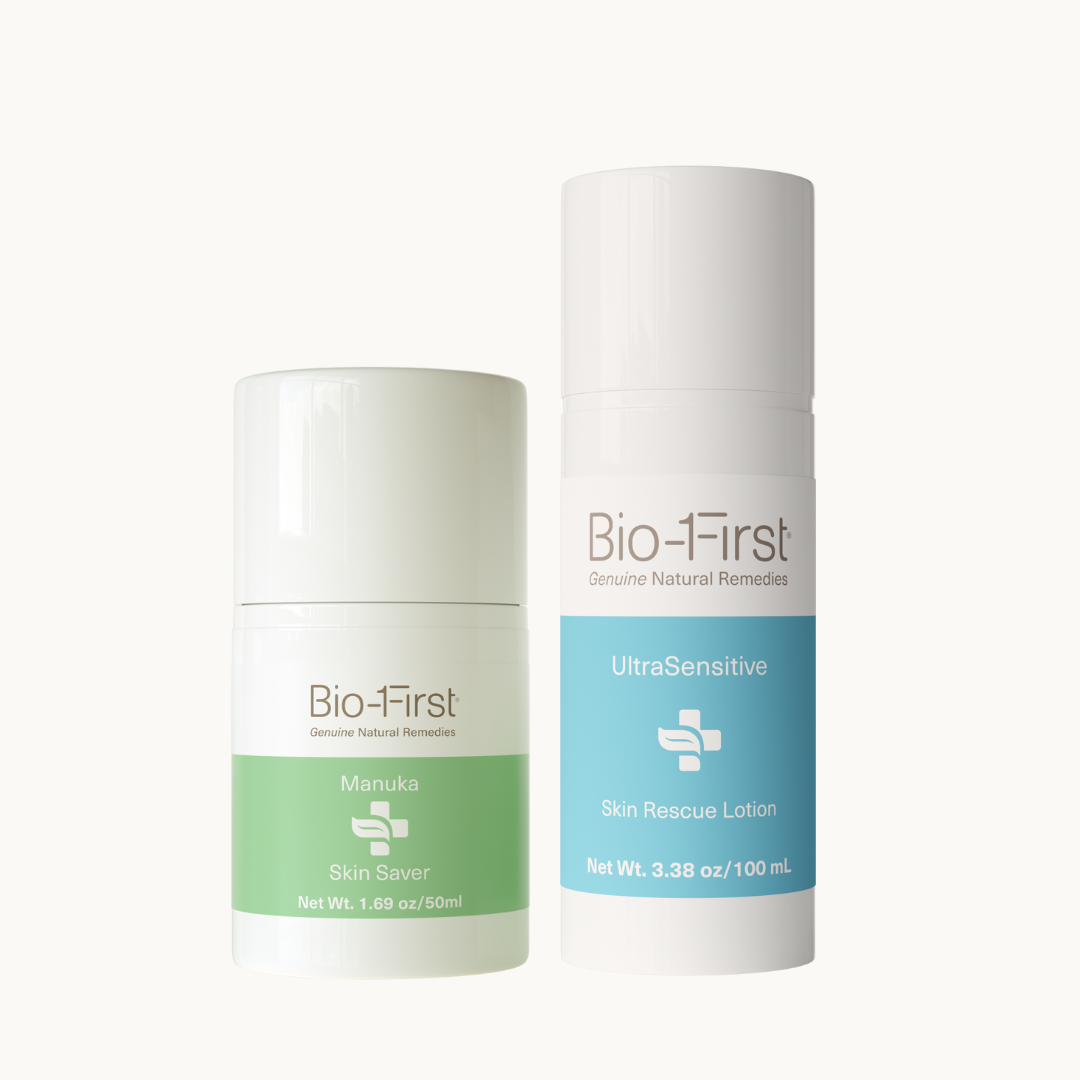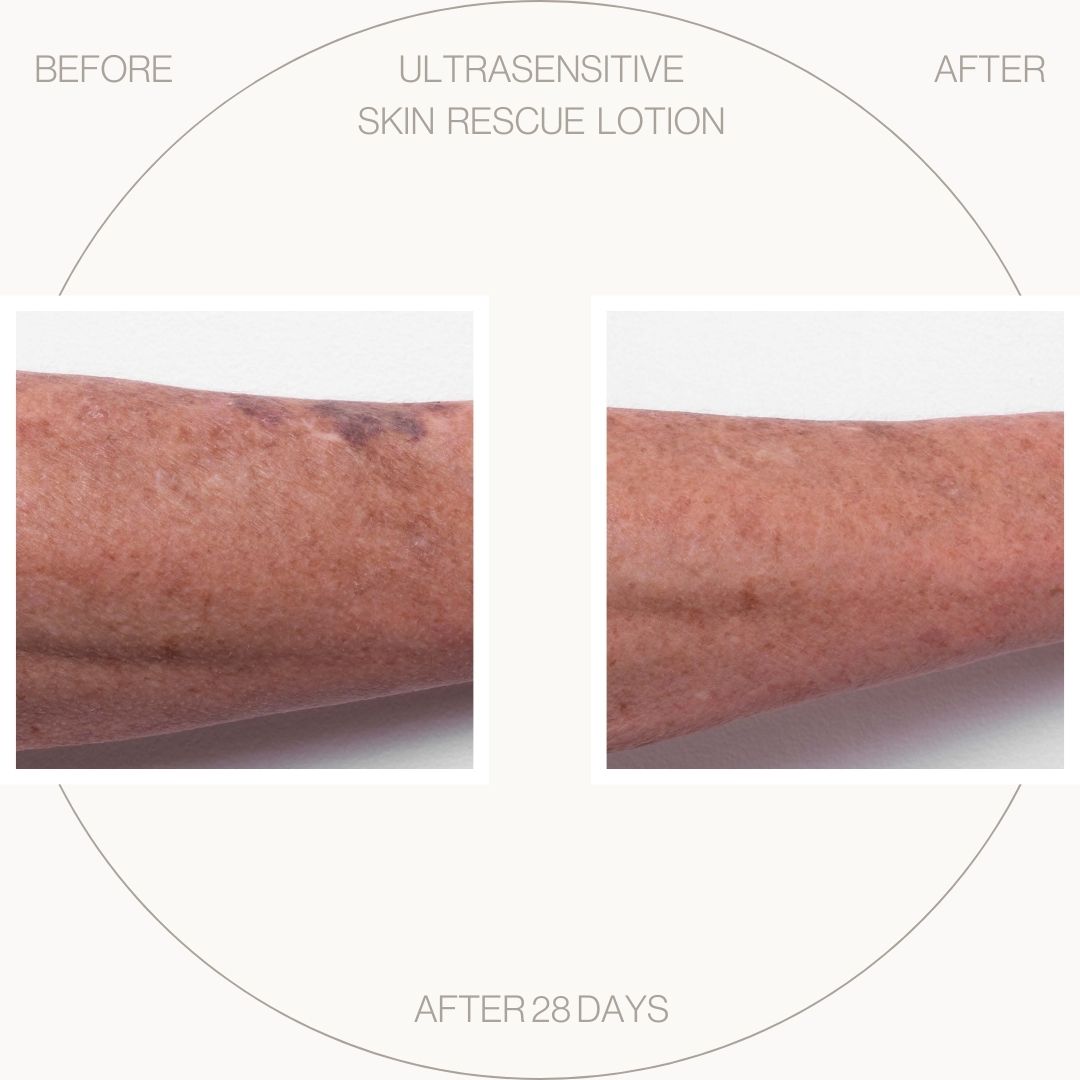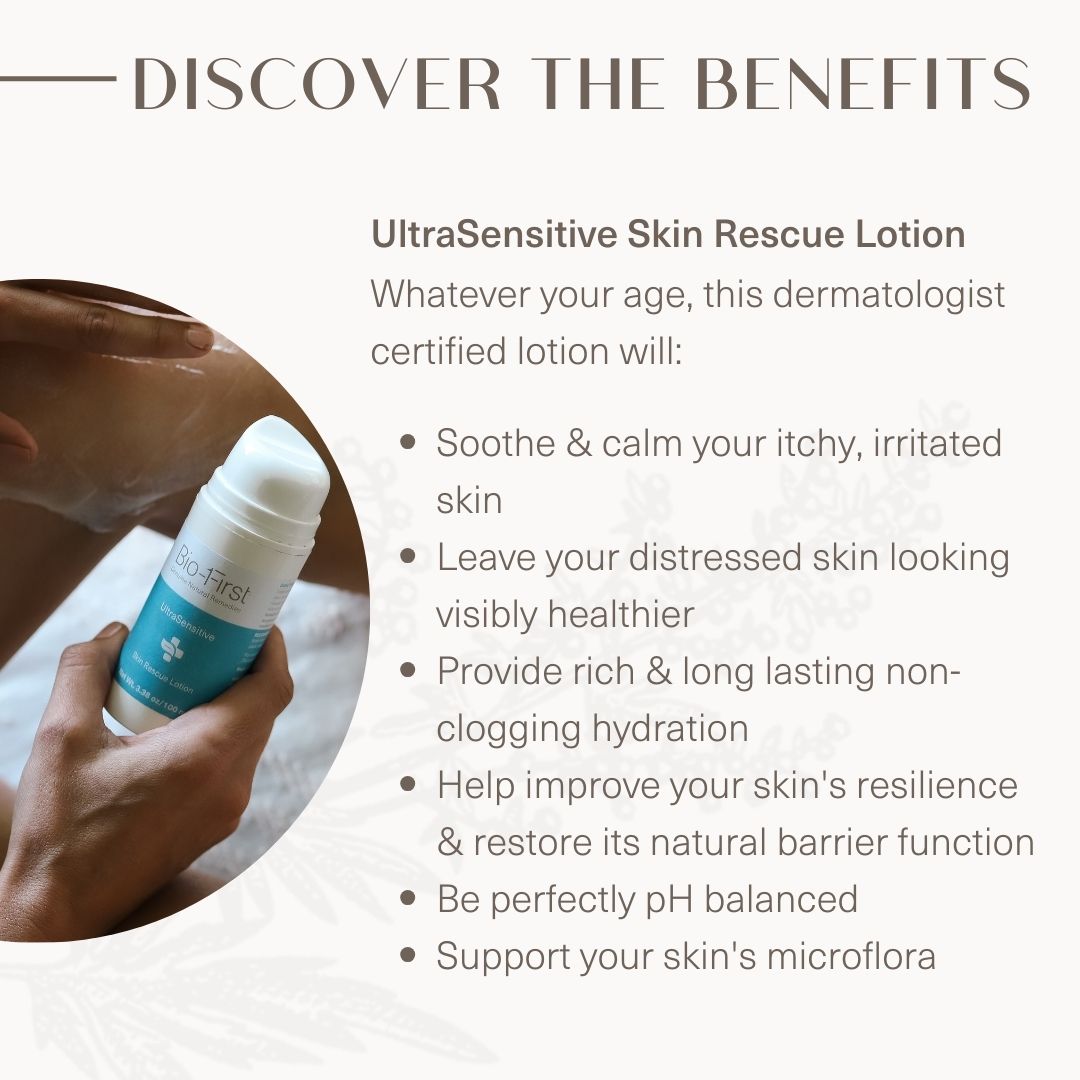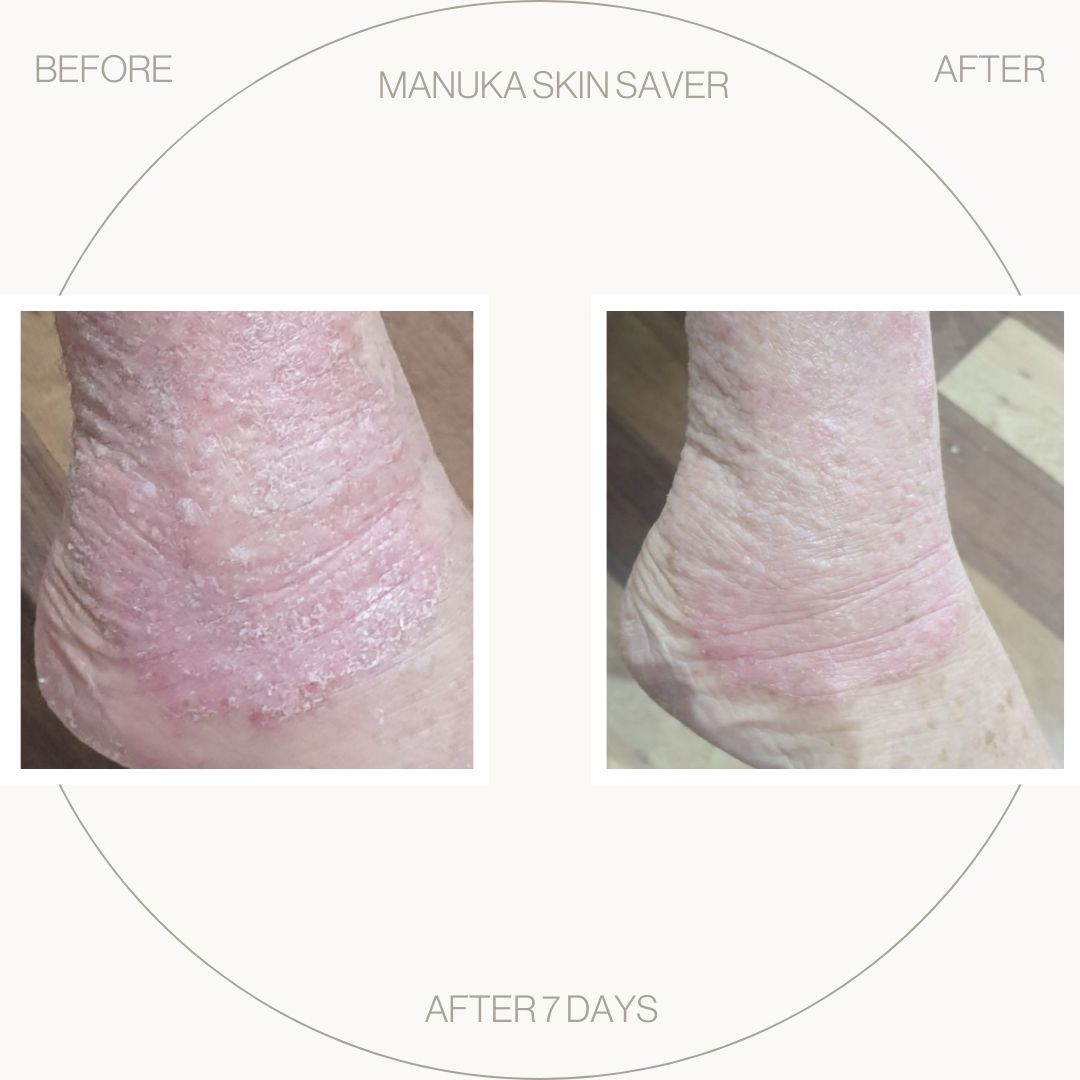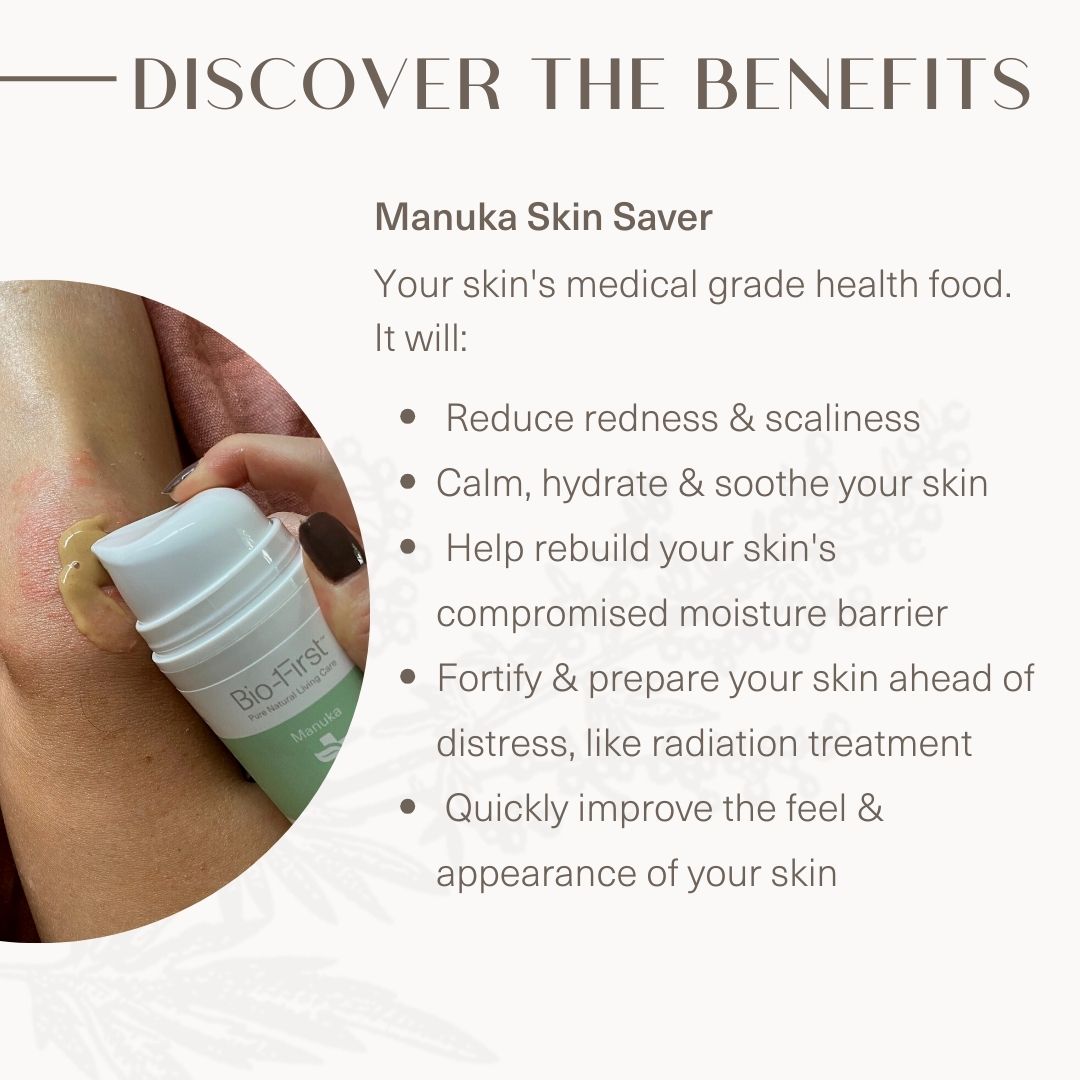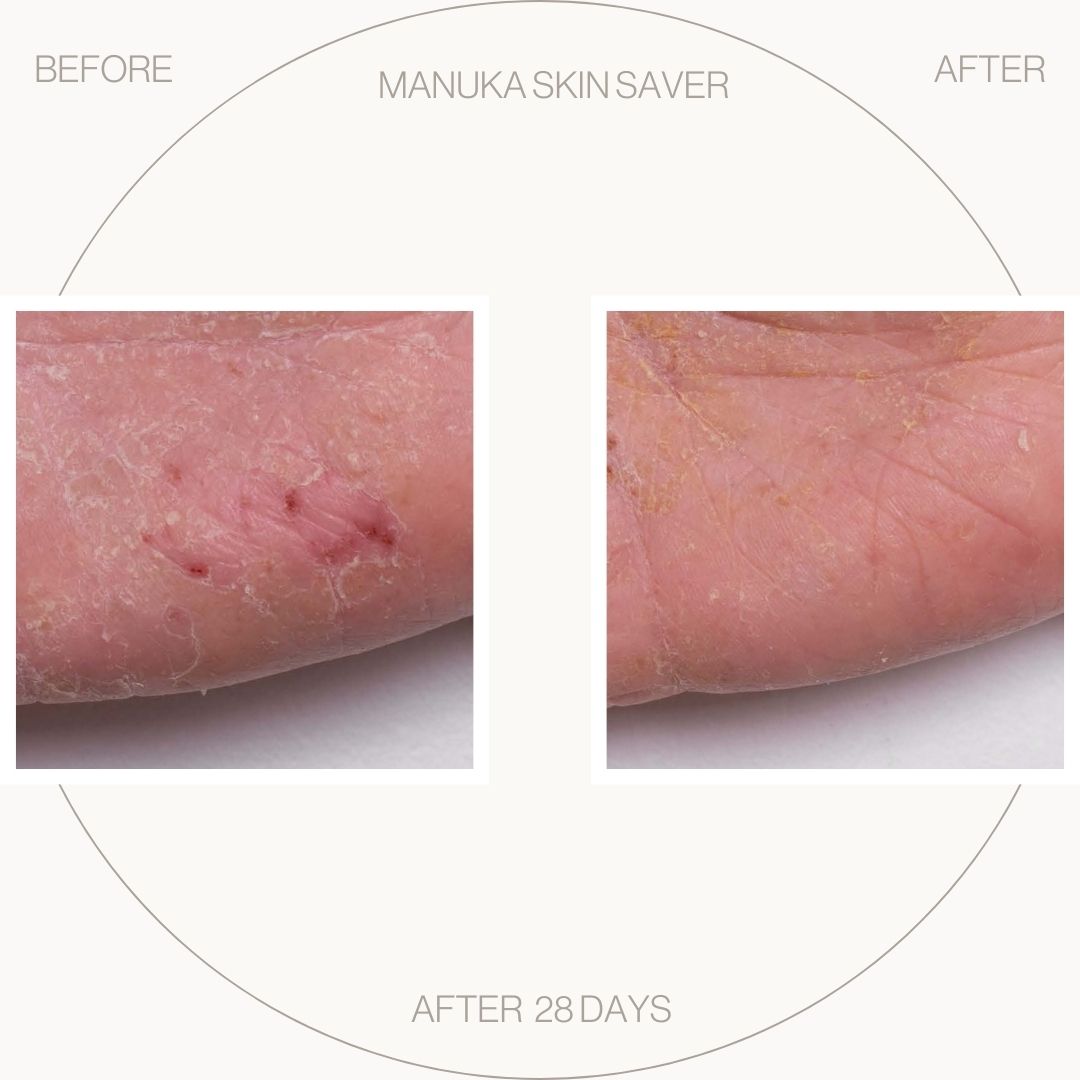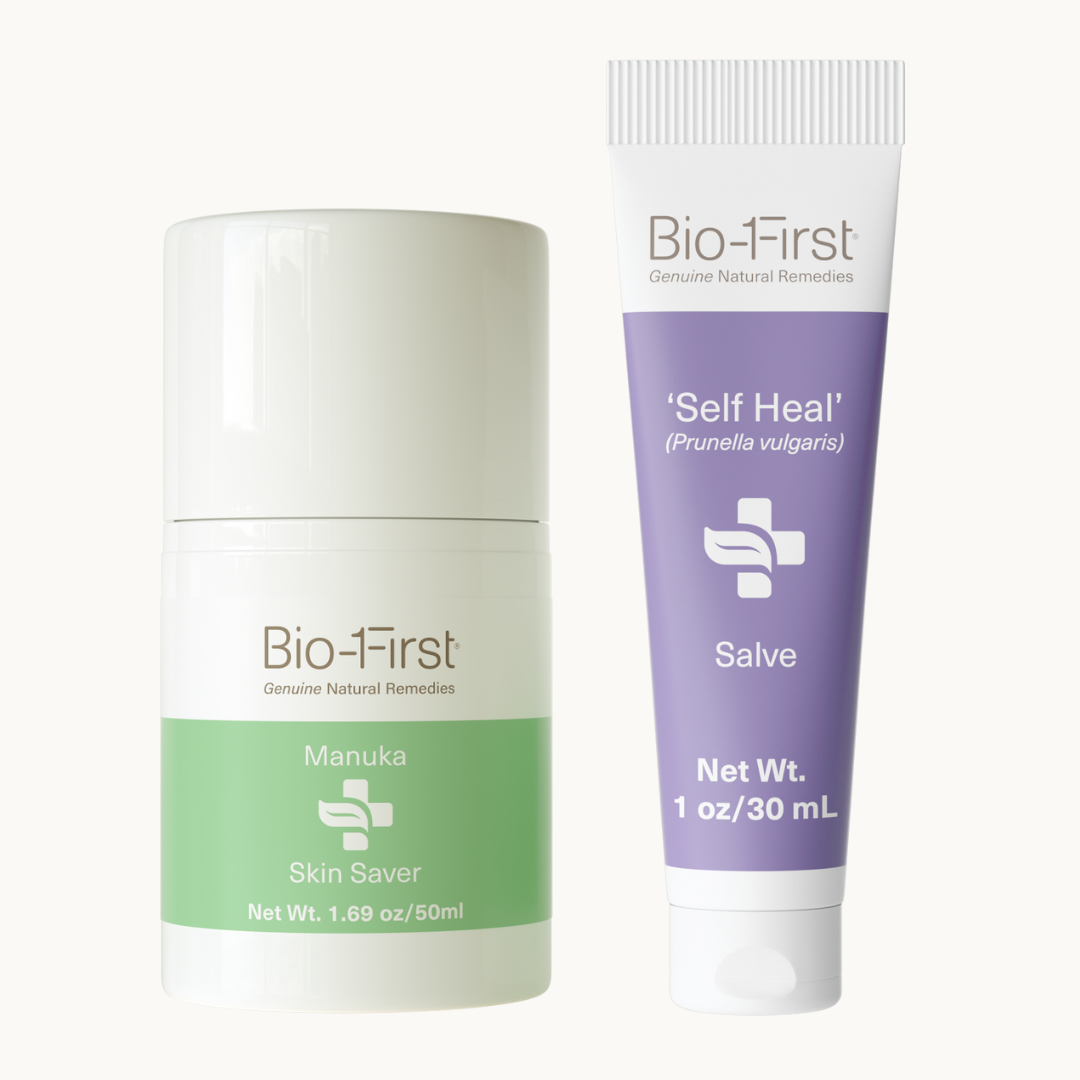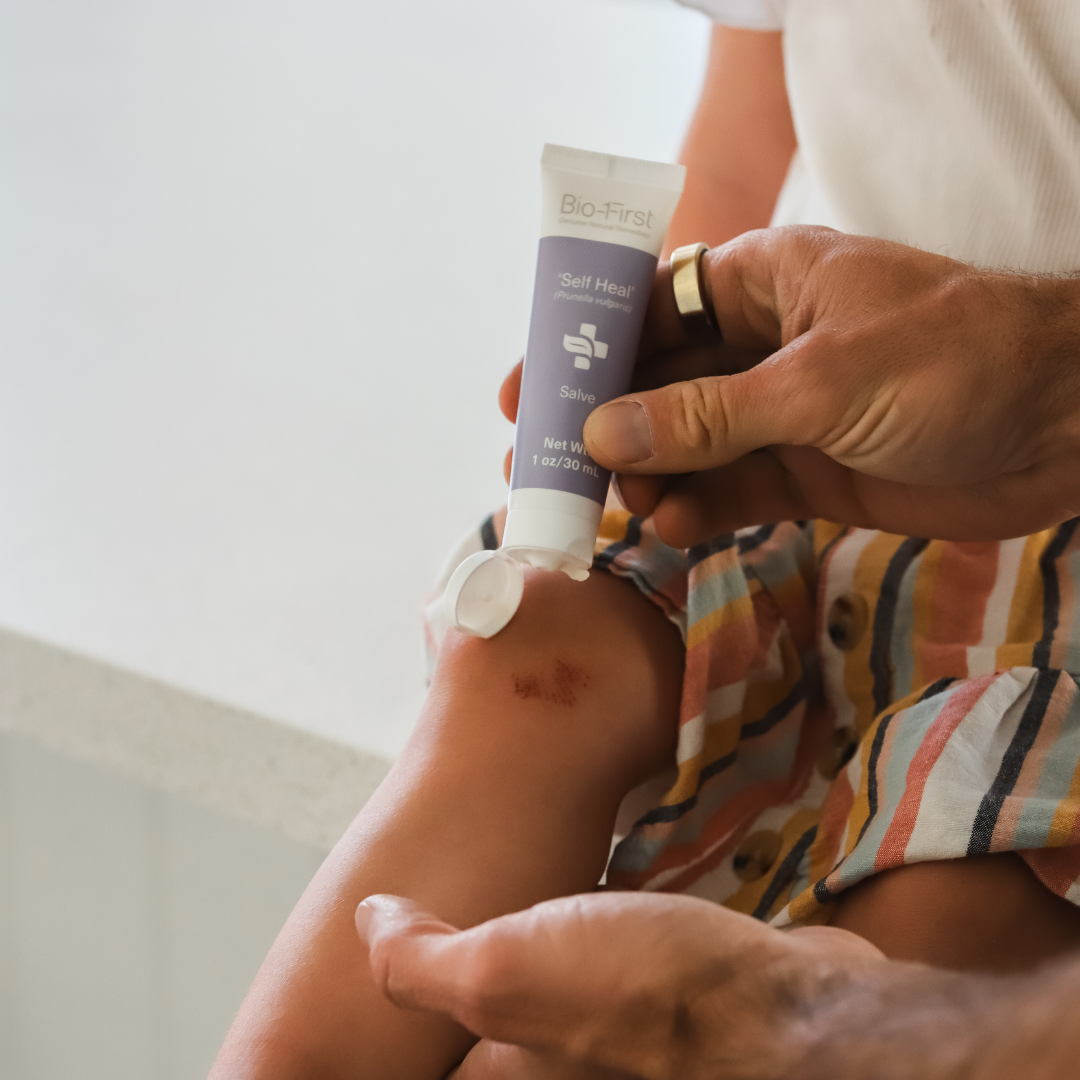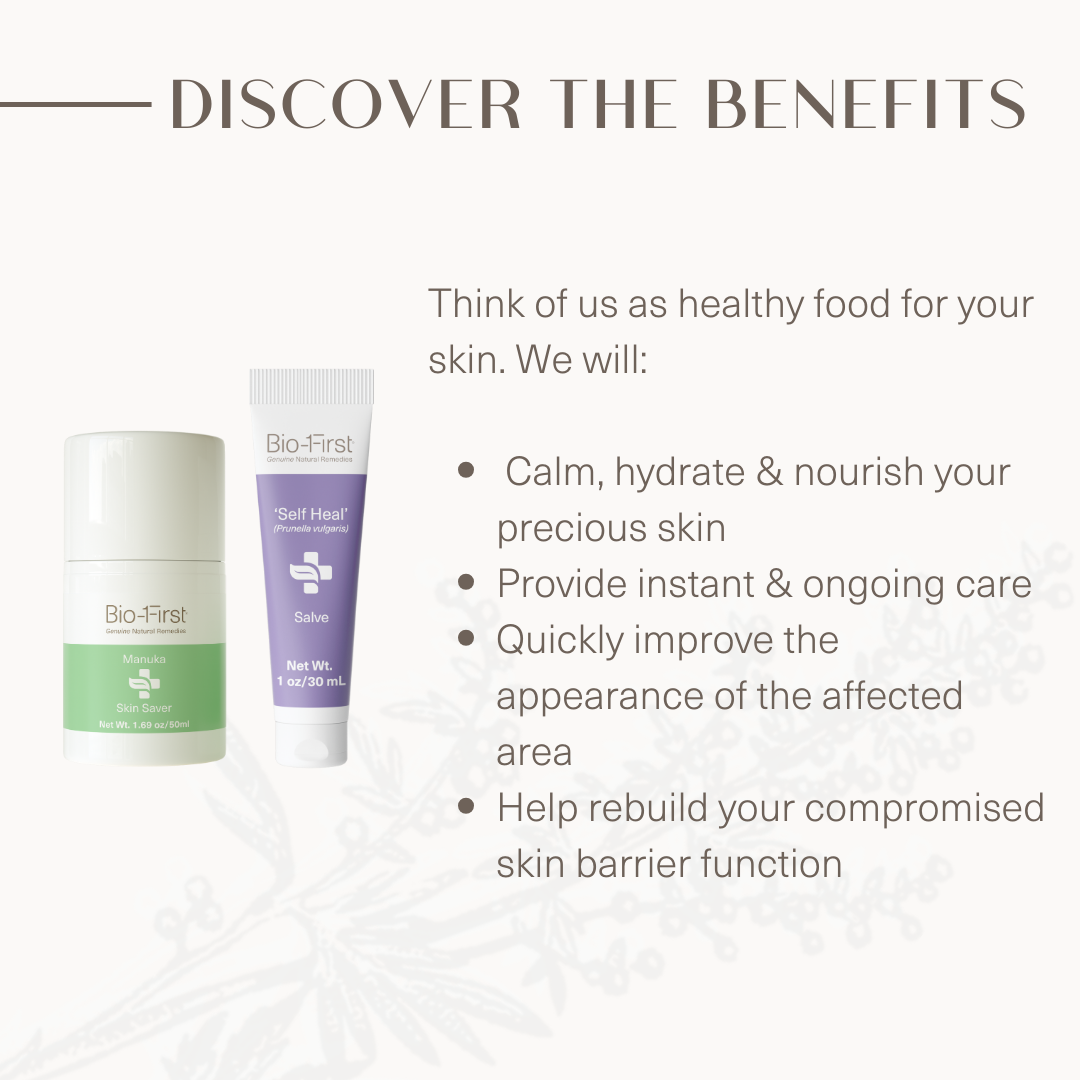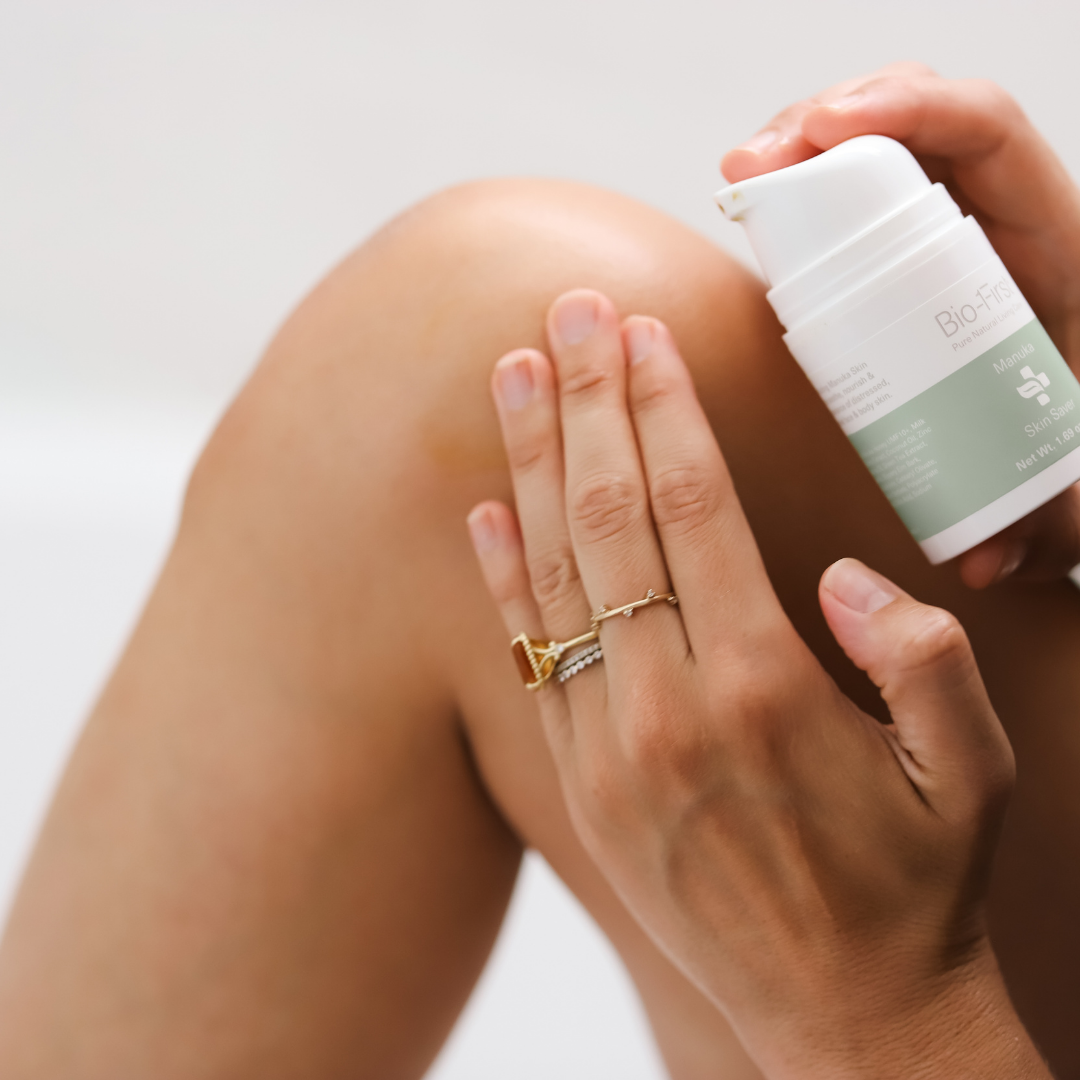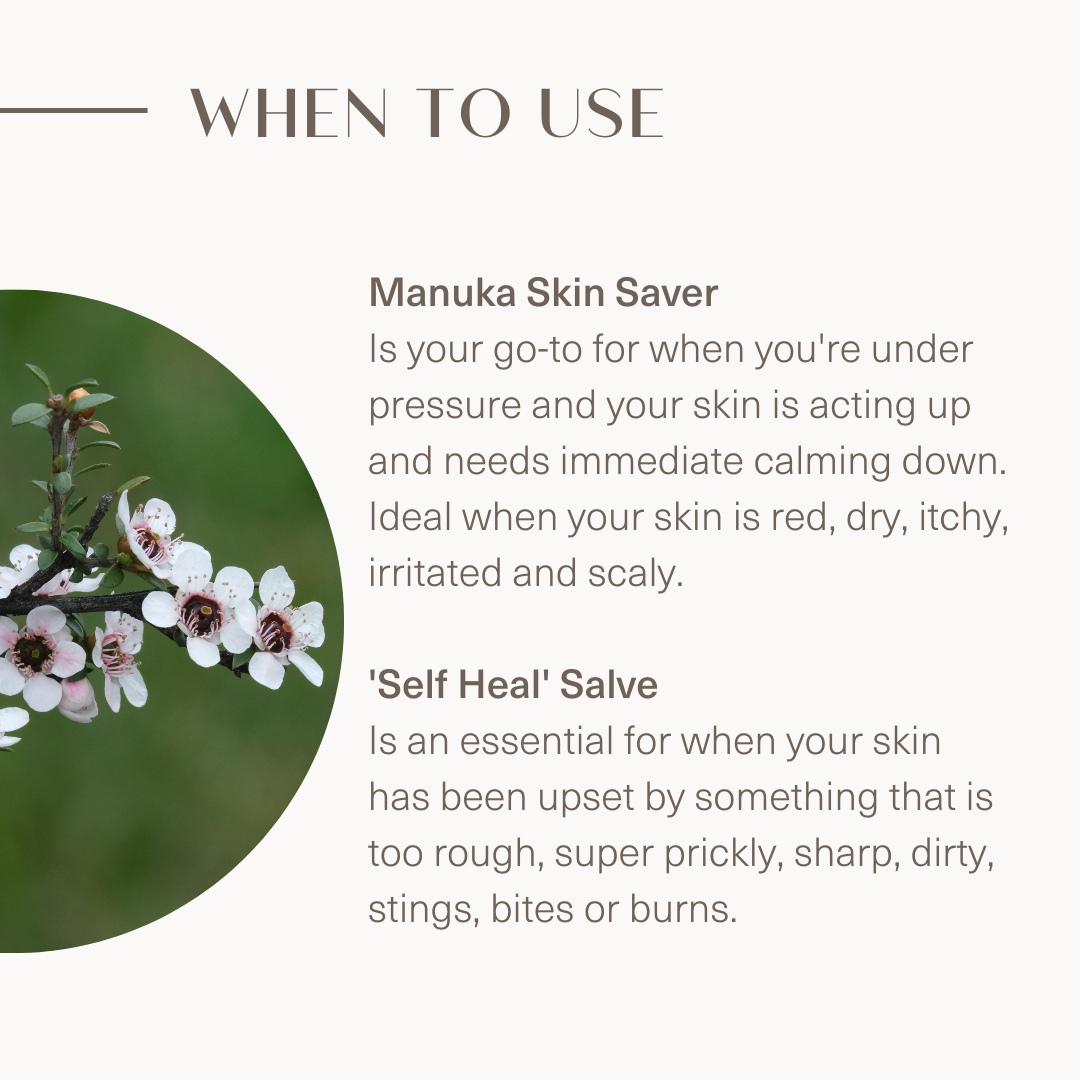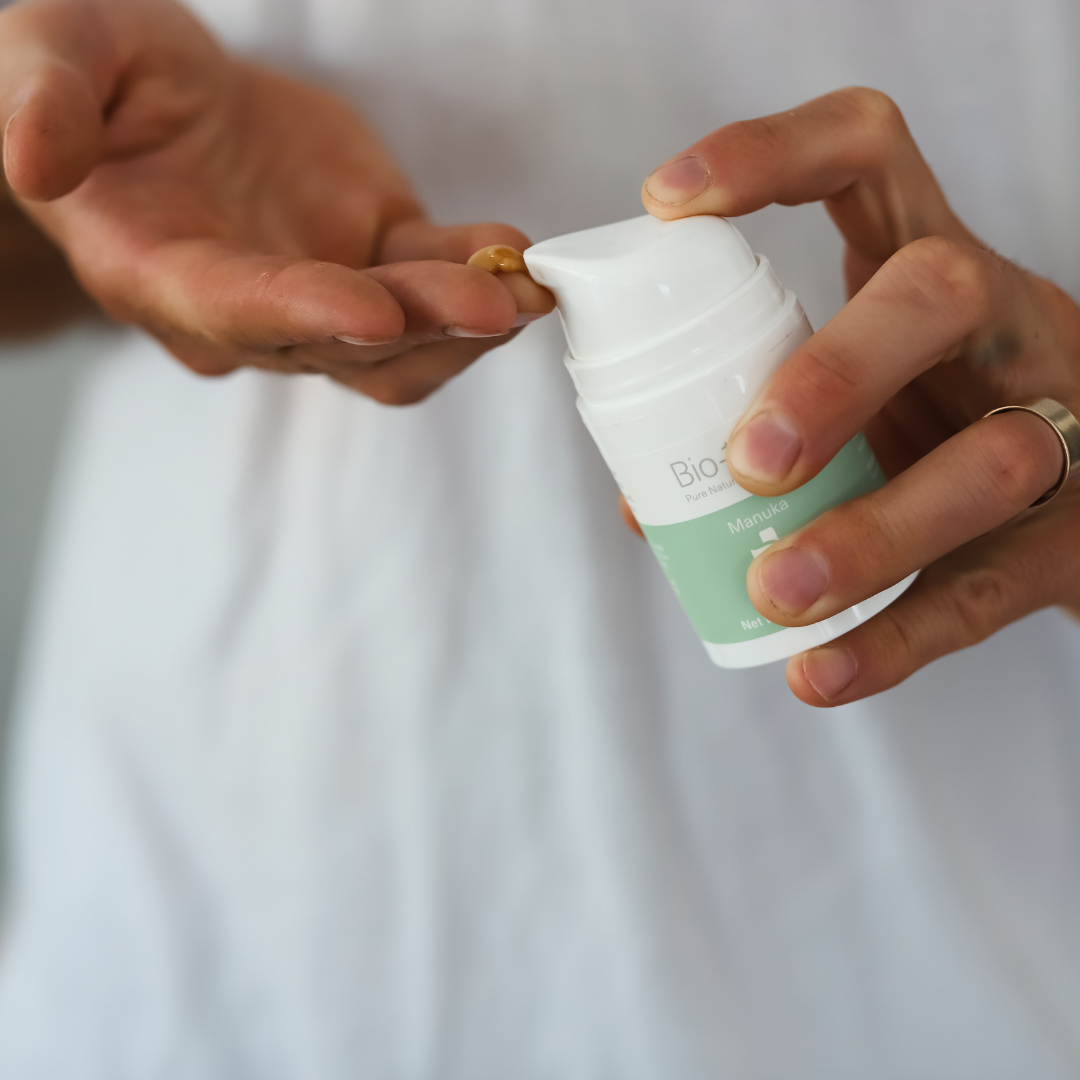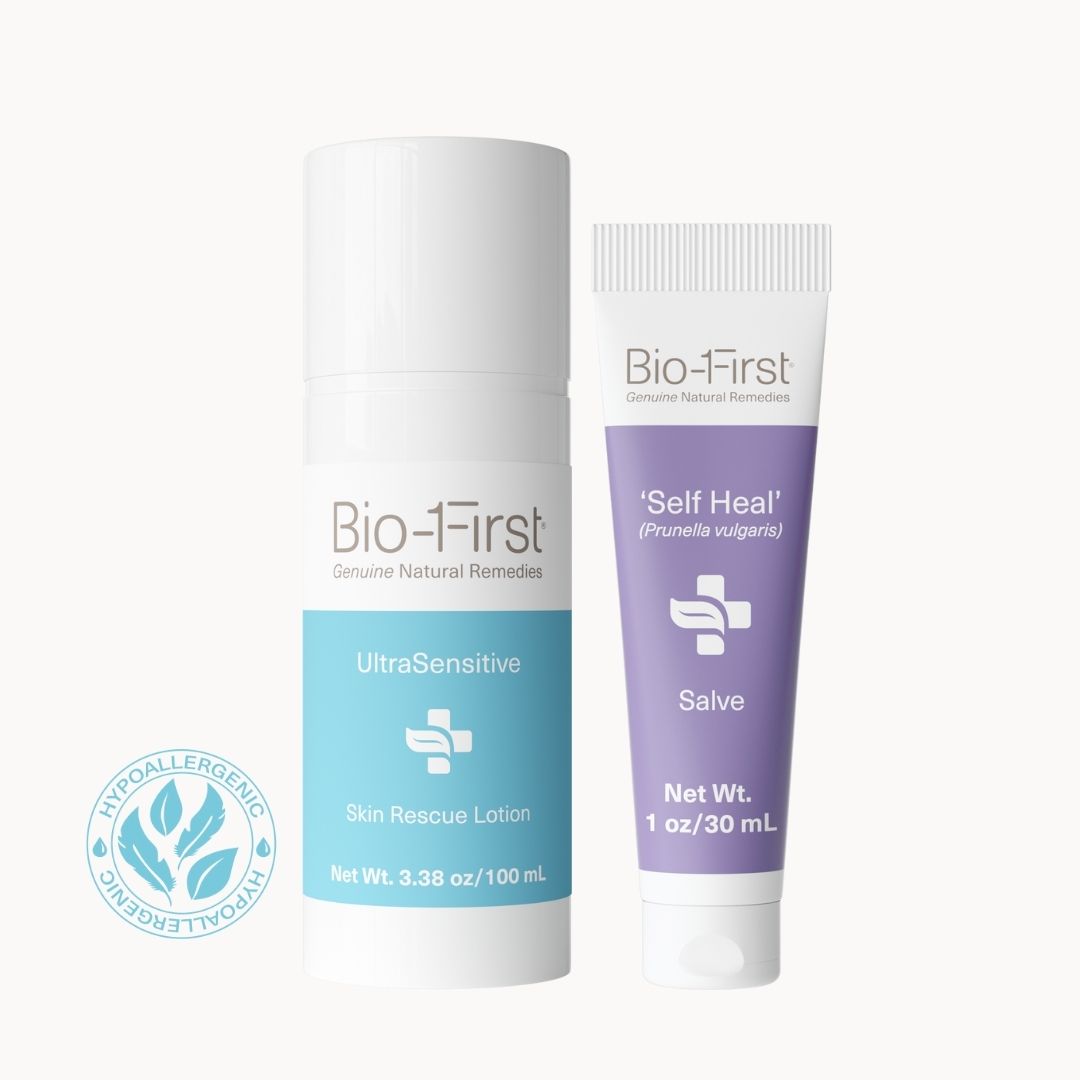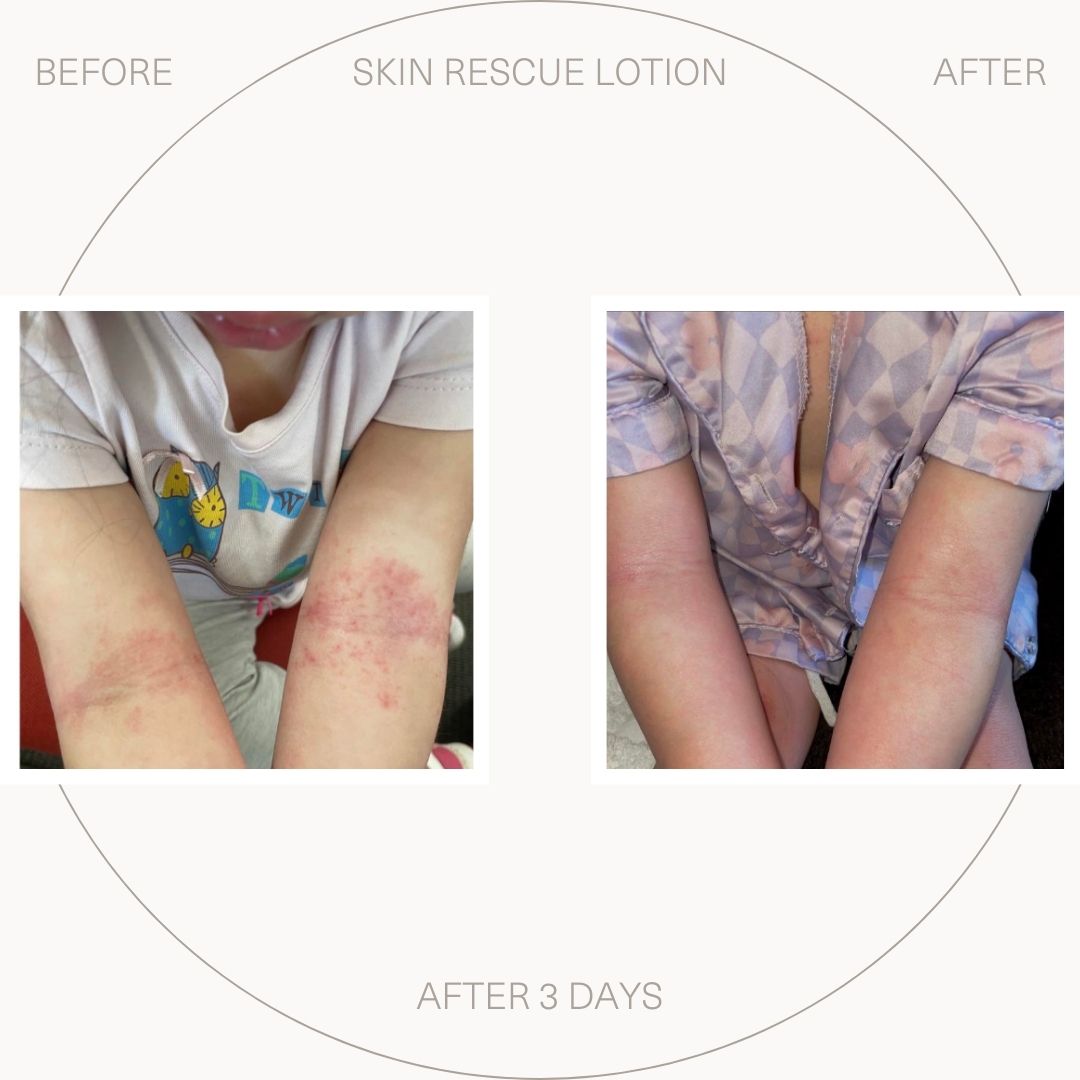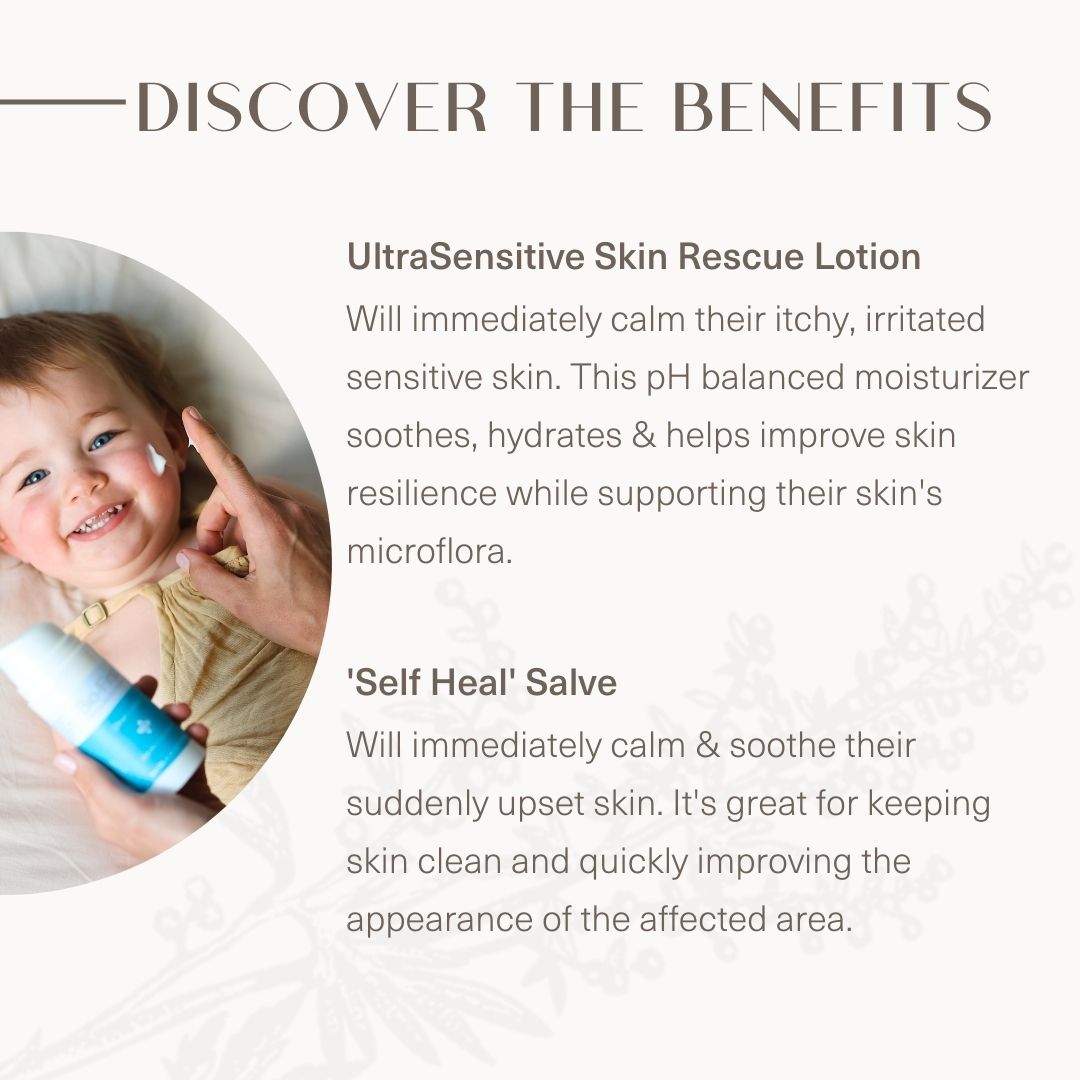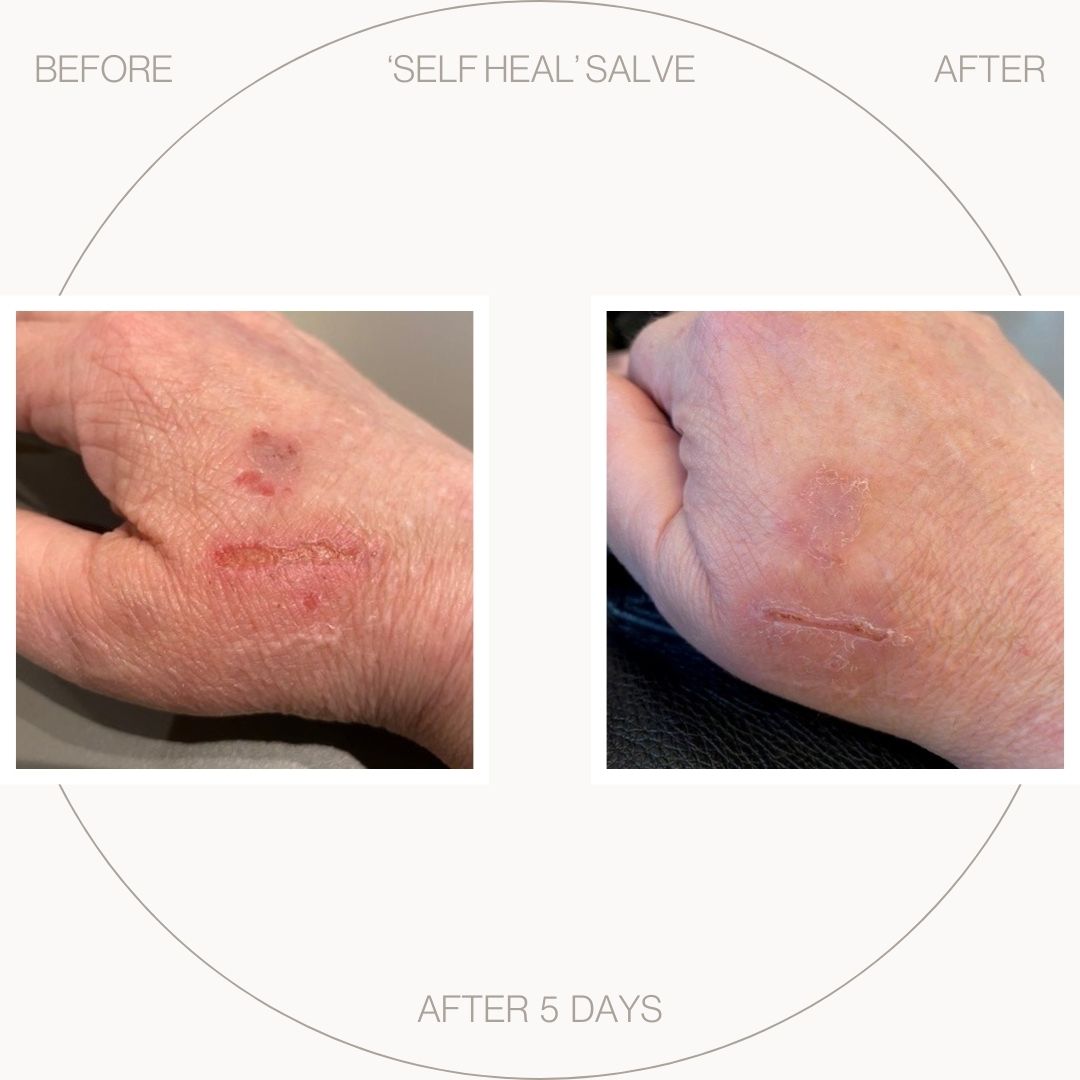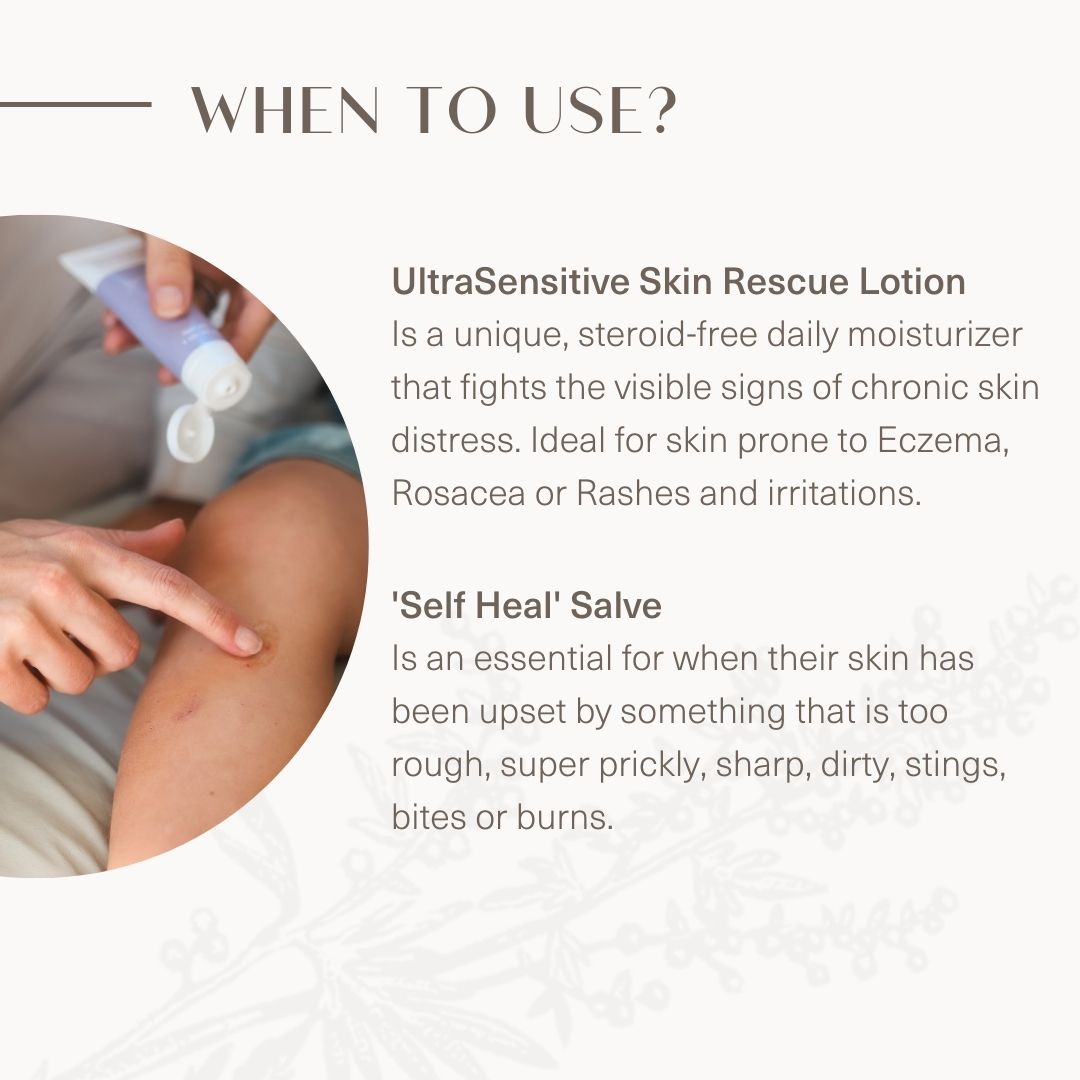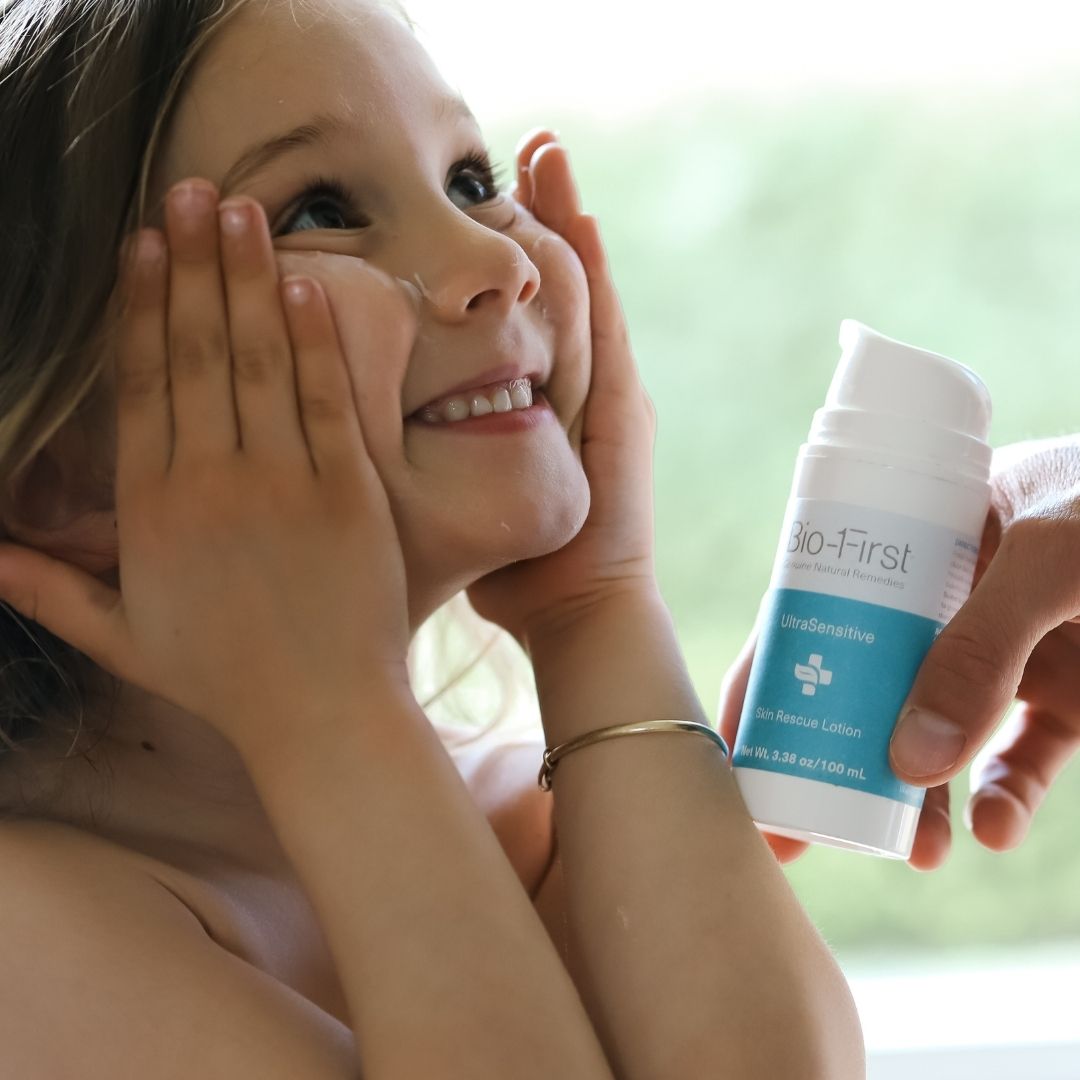This is a difficult topic because it concerns a very distressing time for patients and because there is disagreement as to the best standard of care.
In the UK and Australia, health authorities and cancer organisations recommend the use of emollients in the form of Sorbolene or Aqueous Creams, while in the US the recommendation includes adding topical steroids to the protocol.
Evidence for all of these products is mixed, as is experience with side effects. Every case and patient is unique so an individualised informed partnership approach is best.
What is in Sorbolene creams?
Sorbolene/Aqueous Cream BP is a generic product with standard formulation. It is inexpensive and widely available, made using a petrochemical base.

*SLS is Sodium Lauryl Sulphate - a known irritant. Some Sorbolenes are SLS free.
What about the topical steroid creams?
Topical steroid creams for radiation therapy are usually prescribed by the care team or purchased over the counter in the US. Benefits of using these products will be weighed against their known risks and adverse effects over time. You can read more about topical steroid withdrawal here.
Are there better alternatives?
Outside of these mainstream practices, there is some evidence for natural agents in providing relief or protection from radiotherapy skin damage, ie: medical grade manuka honey, and milk thistle, both with zero adverse effects unlike some of the ingredients currently used.
Decisions about skincare and protection at such a difficult time is a matter of personal choice alongside professional healthcare advice.
We recommend that independent product ratings, certifications, clinical tests and user experience can help guide the selection process. A great alternative is our Manuka Skin Saver.
If you have any questions, please reach out to us via the chat.
Dr Jude Lenart PhD
This is general information for our readers, not medical advice or opinion.
Jude has a Ph.D. in Natural Medicine - she is not a medical practitioner.
Blogs on similar topics:




